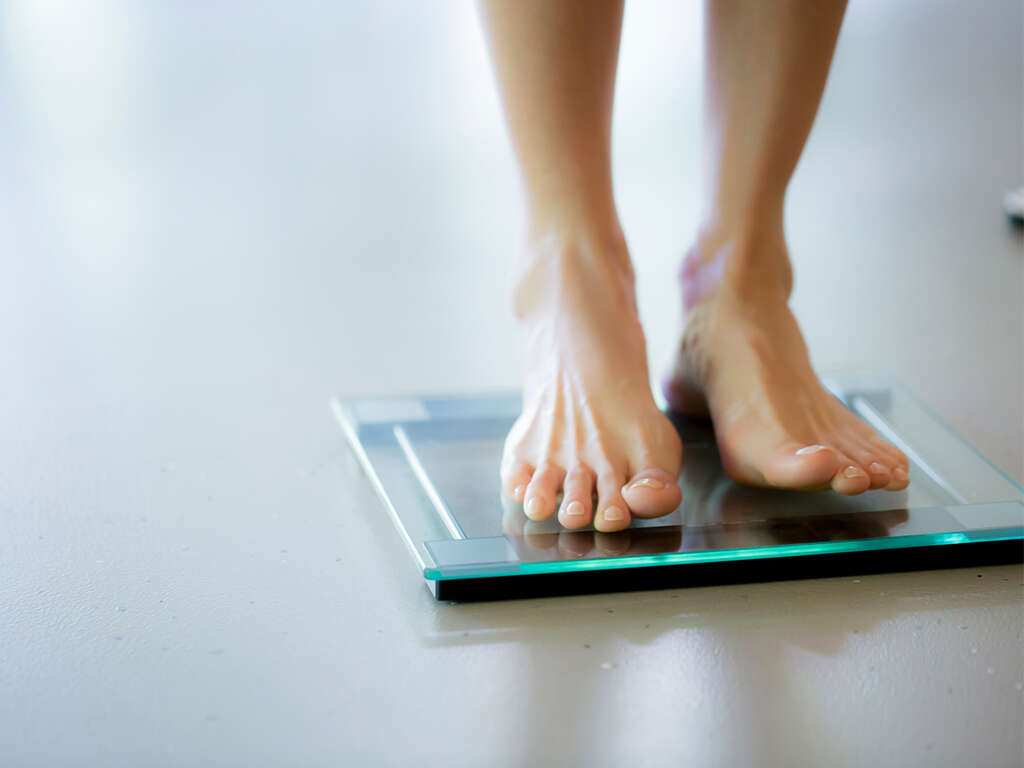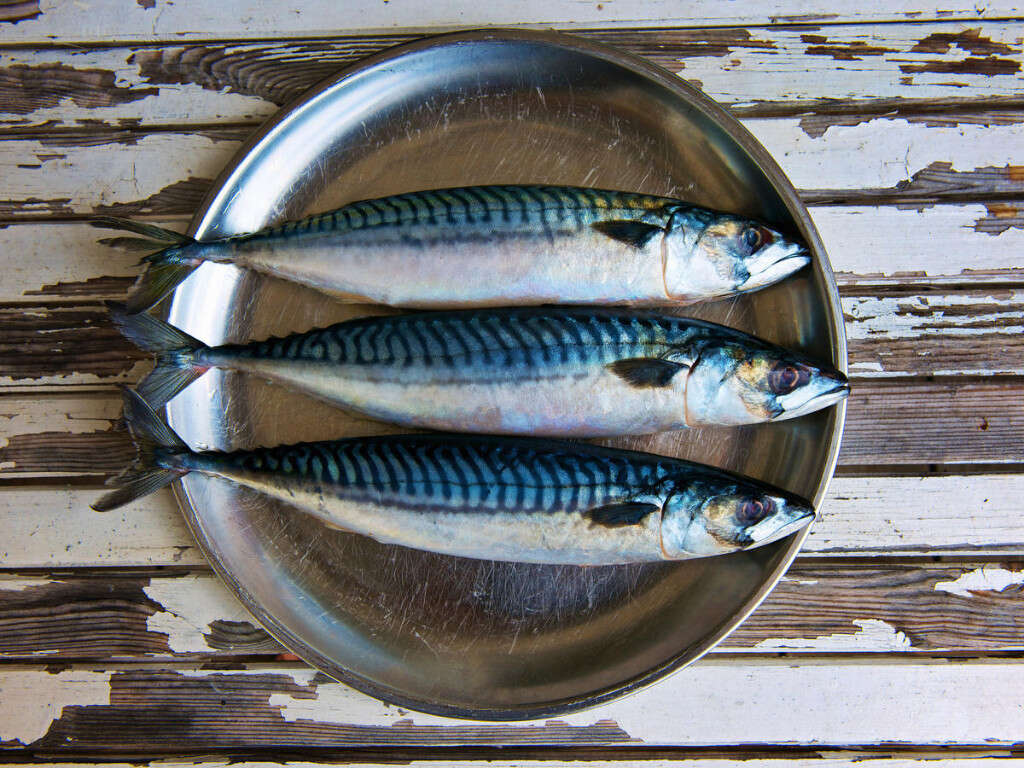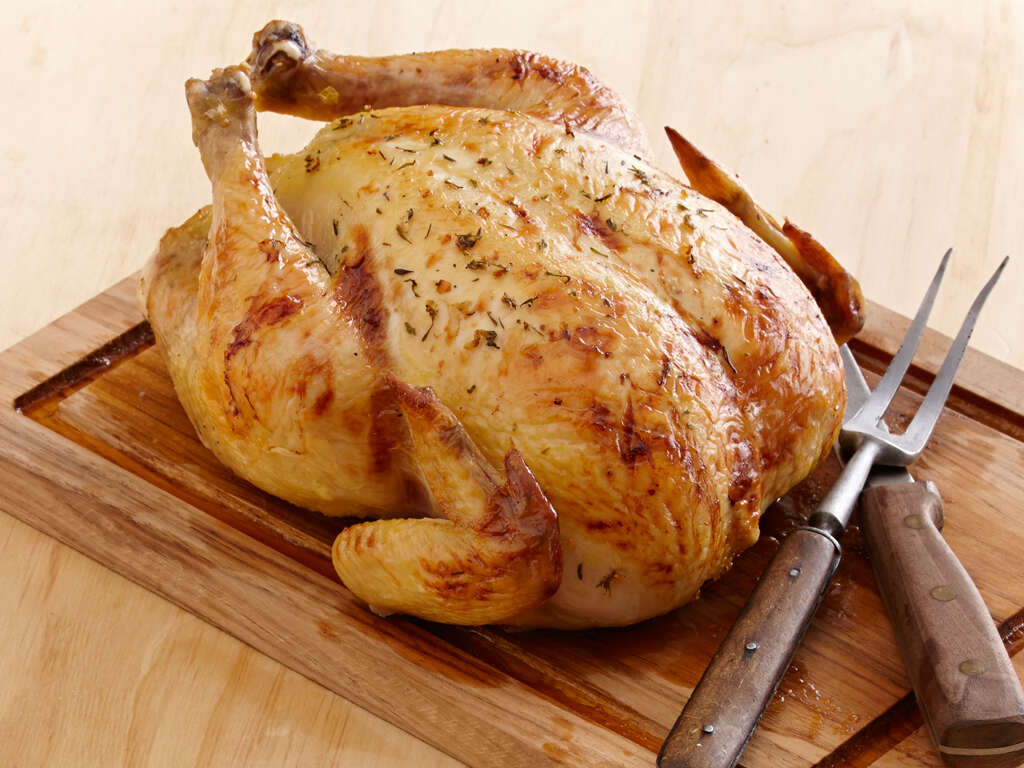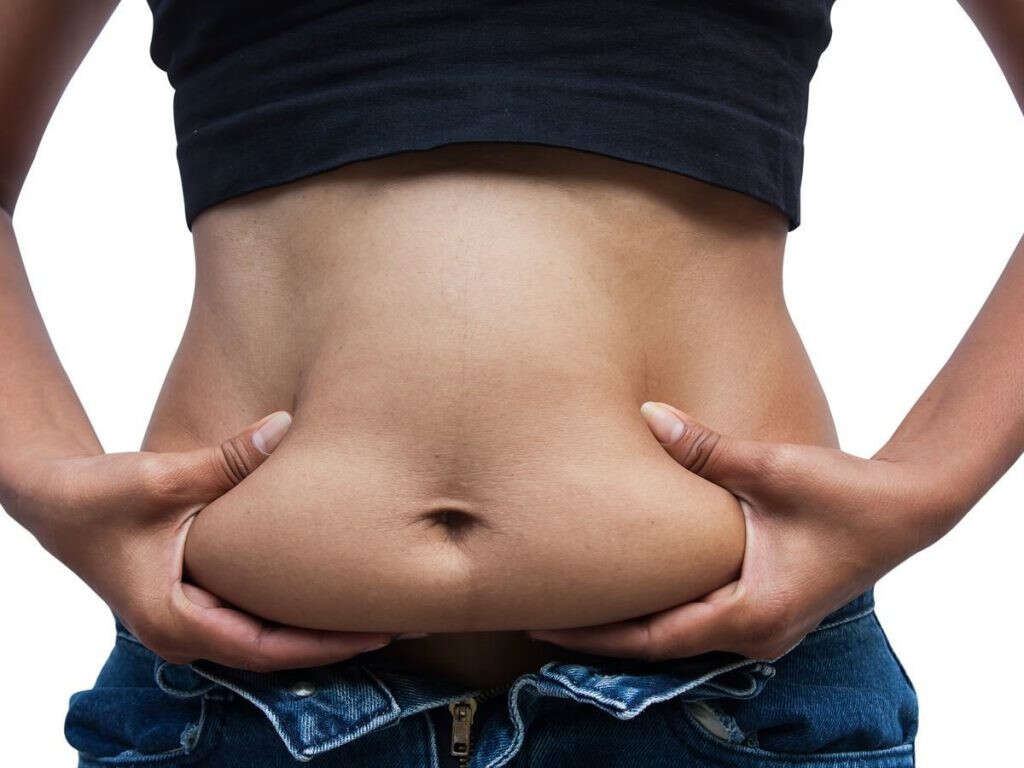10 Side Effects of Ketosis
The ketogenic diet is known to have a number of benefits. This low-carb, high-fat diet has become immensely popular in recent years, and many people have experienced improvements. The ketogenic diet, when done properly, results in an increased level of ketones in the body. This can be a good thing, and can be useful for bodybuilders, athletes, and anyone hoping to maintain their body.
However, there are some side effects of ketosis. Ketosis is actually a regular process that your body goes through. It’s what happens when our body doesn’t have access to sugar, it turns our ketones into usable energy. If you’ve ever skipped a meal or didn’t eat any carbs, you’re probably experiencing ketosis.
Basically, whenever your body needs energy and you don’t have the carbs to produce that energy, your body starts to make more ketones. When this happens over a long period of time, like when you’re on a keto diet, the levels of ketones will continue to increase, and the degree of ketosis will become more severe. There are a number of things that this can do to the body. Some of them are good, and some of them are not so good. In this article, we’re going to outline the most common side effects associated with ketosis so you can know what to expect.
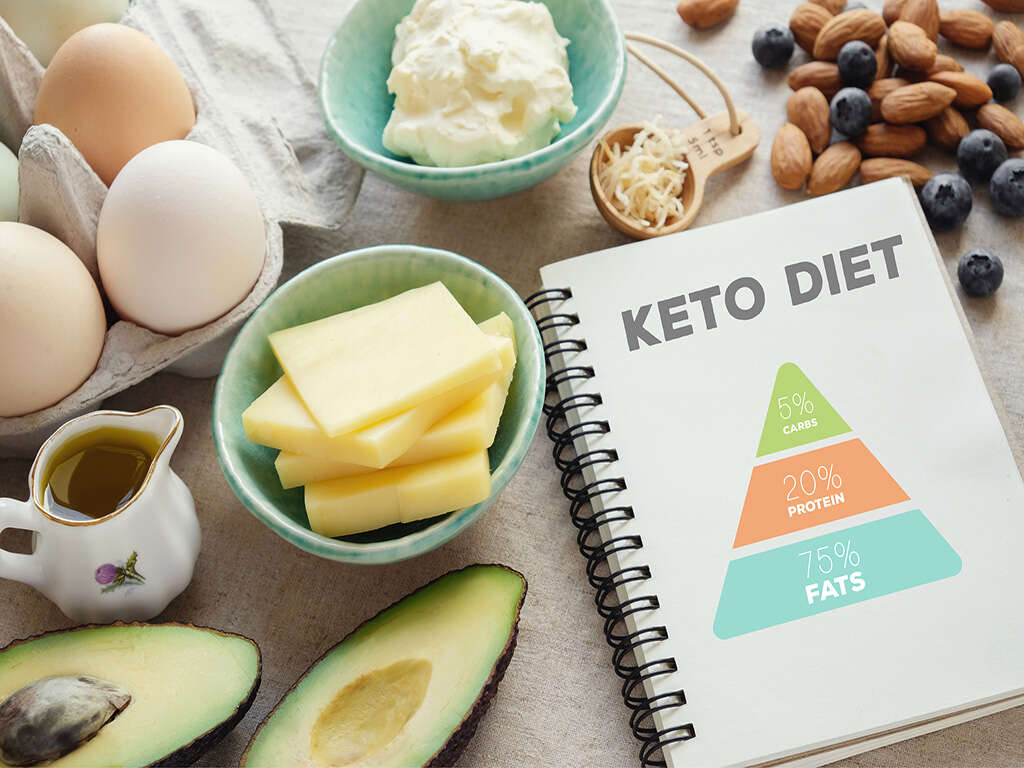
Ketosis Side Effect #1: Excessive Urination
During ketosis, your body will use up the glucose that’s stored in your muscles and in your liver. This is generally more apparent during the first couple days after starting a ketogenic diet. When this happens, your body will release a lot of water and your kidneys will try to get rid of any extra sodium that they’re holding on to.
The result of this is a frequent need to go to the bathroom. All of this extra stuff needs to leave your body, and the only way that it’s going to safely escape the kidneys is through the urinary tract.
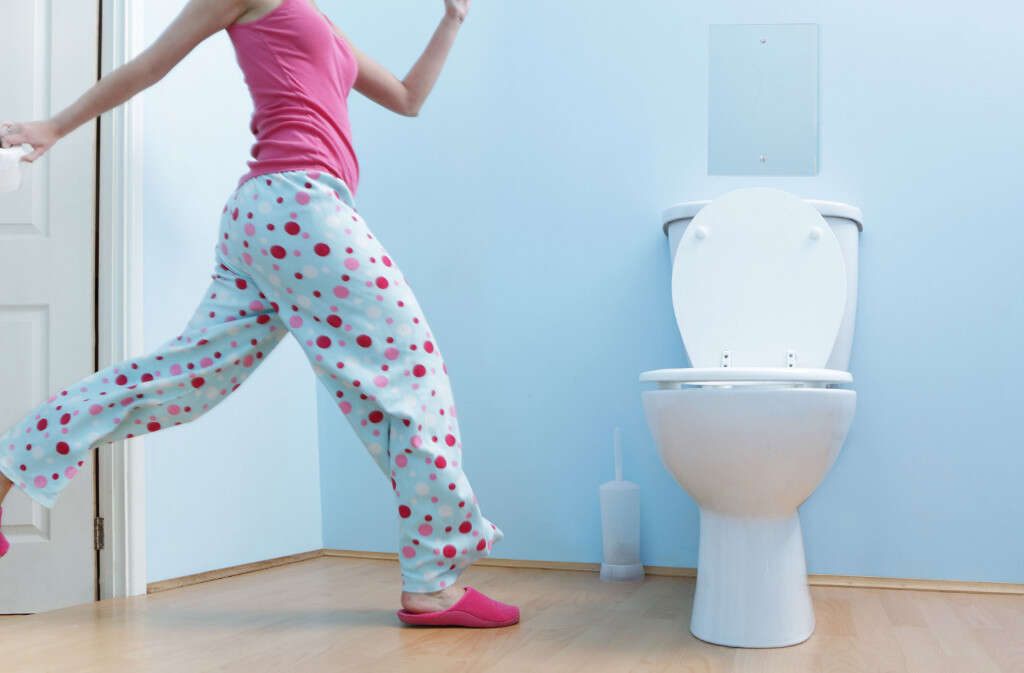
Ketosis Side Effect #2: Dizziness
When your body excretes excess water, that means that some of the minerals and nutrients stored in your kidneys are also going to be eliminated. This is particularly true of electrolyte minerals like potassium and sodium.
When these minerals are rapidly depleted, you might experience dizziness and light-headedness. One of the easiest ways to avoid this symptom is to eat foods that are high in these particular nutrients. Bananas are rich in potassium, as are meats and fish. Avocados can help you to restore your electrolyte levels as well.

Ketosis Side Effect #3: Bad Breath
One of the most notorious problems associated with the ketogenic diet is strange smelling breath. Some people think that this breath is bad, and others just find it different. Many people report that it’s a fruity smell, and this is a result of the body’s excretion of acetone.
Acetone is excreted through the urine and through the breath, and it has a powerful and highly recognizable smell. Since it’s being released through your breath, anyone who is able to smell your breath will probably notice.

Ketosis Side Effect #4: Weight Loss
One of the most common reasons that people partake in the ketogenic diet is because it helps them lose weight. This can occur over the short-term and over the long-term. Rapid weight loss tends to occur during the first week or two.
This isn’t usually due to the loss of fat, however. It’s more so because your body is excreting stored water and carbohydrates. As these are deposited through urine or burned off as energy, you will notice quick weight loss.

Ketosis Side Effect #5: Sugar Cravings
One of the good things about the ketogenic diet is that it can help people reduce cravings for sugar. However, since many of us are addicted to sugar and don’t even realize it, the first few weeks of ketosis often result in people having intense cravings for sugar and carbohydrates.
This symptom generally disappears after a week or so but can persist for up to three.
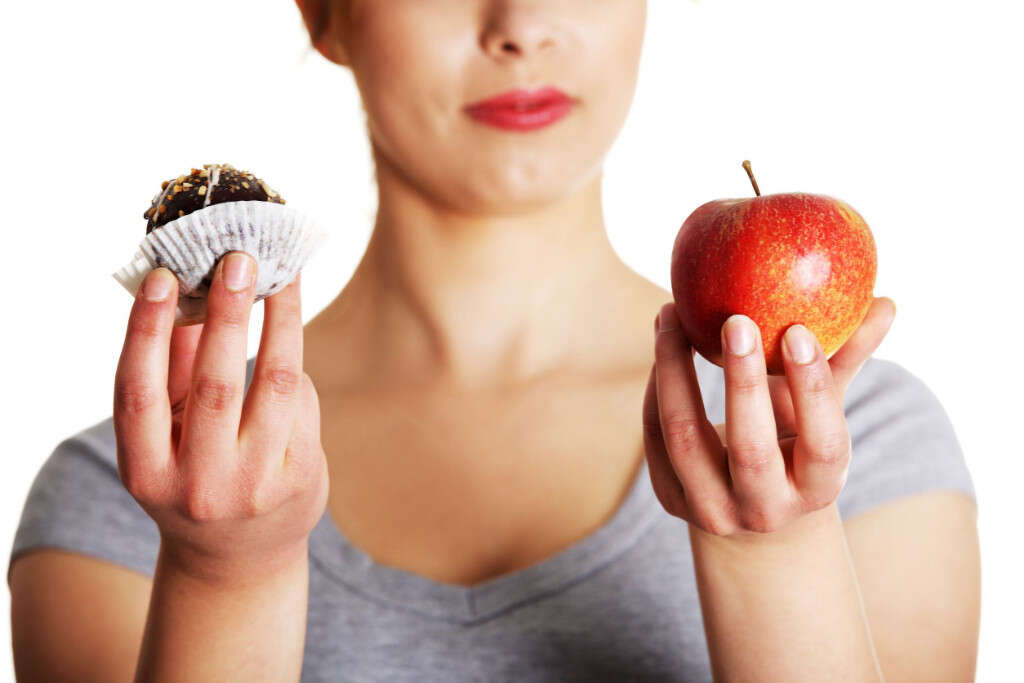
Ketosis Side Effect #6: Diarrhea
Switching to a ketogenic diet can result in a number of problems in the digestive tract. Many people experience diarrhea for the first few days of switching to a ketogenic diet.
There are a number of reasons that can cause this. Your body will have to adjust to a different intake of nutrients, which can cause diarrhea. It will also get rid of excess water, which can make the stool watery.

Ketosis Side Effect #7: Constipation
While it’s true that the ketogenic diet can cause diarrhea, the opposite is also true. In this case, it’s generally caused by dehydration that results from the body getting rid of too much water too quickly.
The best way to combat this is to make sure that you’re drinking a lot of water and making sure to consume enough fibre.

Ketosis Side Effect #8: Muscle Cramping
When you first start a ketogenic diet, you will probably lose a lot of minerals as your body excretes stored water. The loss of these minerals, particularly magnesium, can lead to muscle cramps. Cramps are particularly common in the legs.
One of the best ways to avoid this is to make sure your diet includes a high amount of minerals. Make sure you maintain your sodium levels, and drink lots of water.
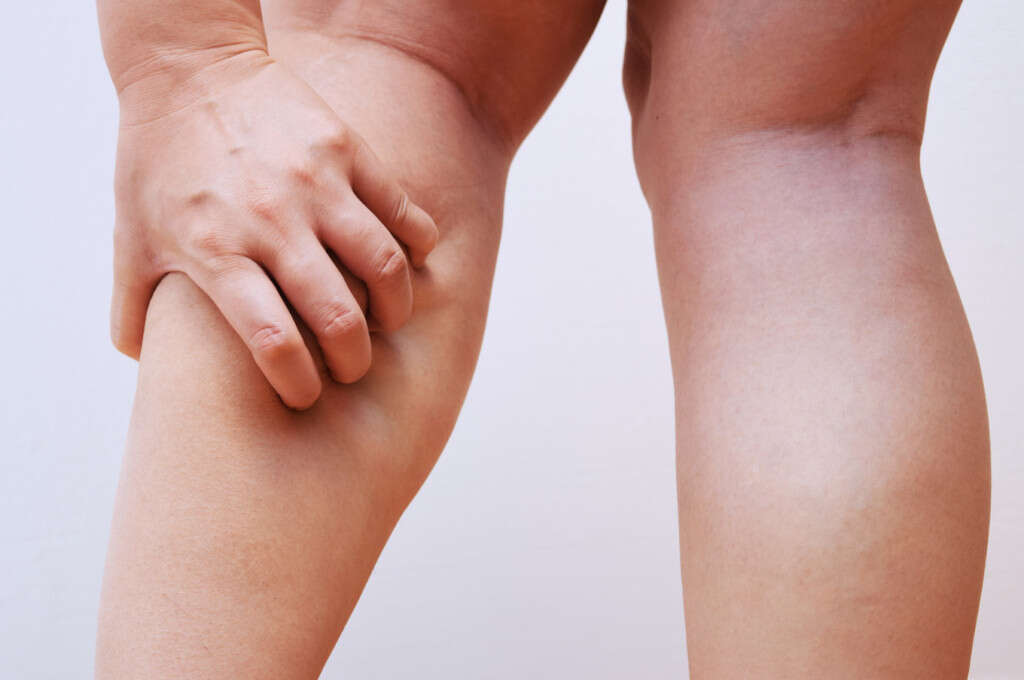
Ketosis Side Effect #9: Symptoms of Flu
One set of symptoms often associated with the ketogenic diet is aptly named the ‘ketosis flu.’ This is because the symptoms are very similar to those that one experiences when they’re battling a flu.
Symptoms can include headaches, lethargy, brain fog and irritability. These symptoms generally don’t last very long and can usually be avoided if you make sure to increase your mineral intake and stay hydrated.
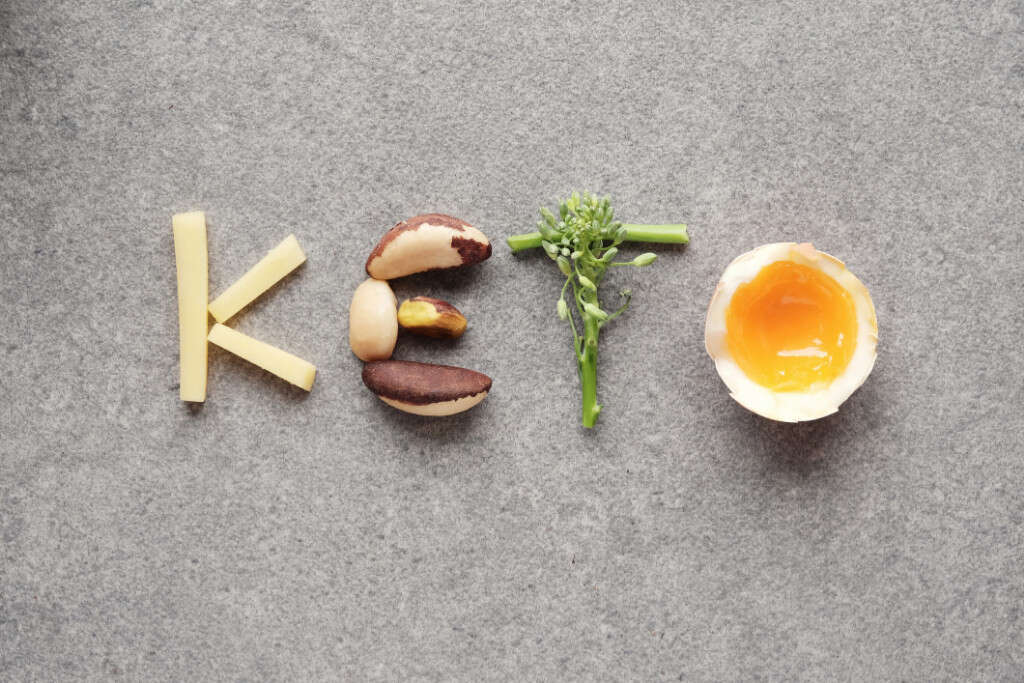
Ketosis Side Effect #10: Insomnia
Another problem that many people experience when they first go through ketosis is insomnia. This can occur because of serotonin and insulin imbalances that occur as the body sheds stored minerals.
It can be wise to have a small snack that contains some carbs before going to bed for the first few days of your ketogenic diet. This can help your body adjust to the new diet and can also help you fall into a sleep. Eating a high-carb meal about an hour and a half before bed will cause you to crash when you’re ready to go to sleep, making it easier to fall into a state of rest.






